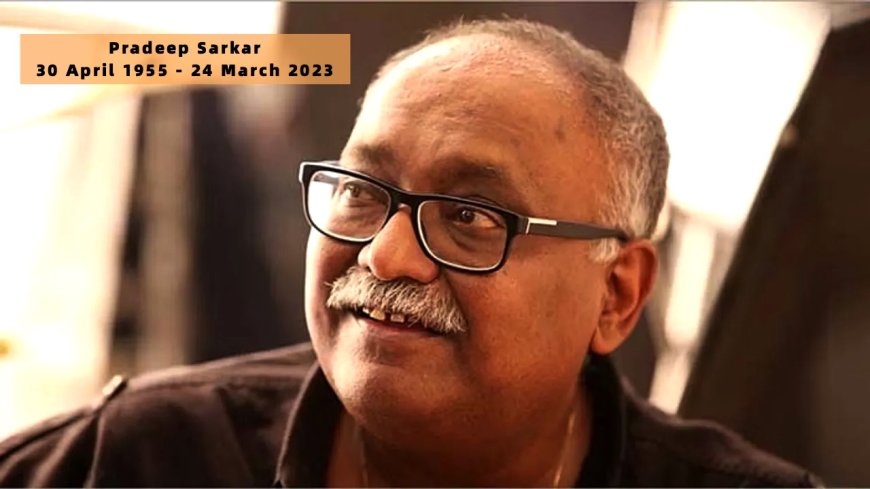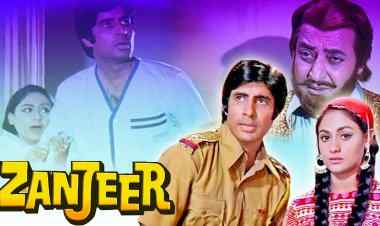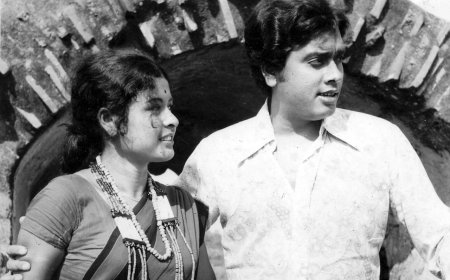Tribute: Pradeep Sarkar
Dipankar Sarkar provides a tribute to Pradeep Sarkar, the visionary filmmaker behind Parineeta, Mardaani, and iconic music videos.

Pradeep Sarkar was not just a filmmaker. He was an artist of feelings and found beauty in the most unlikely places to create magic on the silver screen. He was a welcome presence in advertising, making advertisements that would stick with you long after their timing together on air stopped. He also made some of the notable music videos of the 90s. His most popular was his collaboration with the music band Euphoria, an Indian pop-rock band formed by Palash Sen. Other memorable music videos are Piya Basanti (Sultan Khan and K. S. Chithra), Ab Ke Sawan (Shubha Mudgal) amongst others.
After a successful career in advertisements and directing music videos, Sarkar switched his attention to making feature films. He debuted with Parineeta (2005), produced by veteran filmmaker Vidhu Vinod Chopra. It was not just an adaptation of Sarat Chandra Chattopadhyay's timeless classic; it was a love letter to an era and to romance itself. It did not rely on gimmicks—nor did it need to—but instead developed its rhythm, much like its protagonist played by the electrifying Vidya Balan in her debut performance. It was a dignified display of acting radiating with raw talent in its finest form. The film was a commercial and critical success, and it went on to win the 53rd National Film Awards for Best Debut Film of a Director.
Sarkar's ability to tap into human emotions landed with a different pitch in Laaga Chunari Mein Daag (2007), produced by Aditya Chopra. It depicted the murky, painful world of sacrifice and survival, particularly for women, in a world that so often positions them as footnotes in the narrative of their own lives. The film was not a box-office success, but it is earnest to the bone. Next came Lafangey Parindey (2010), a film that no one ever discusses alongside his other works, but a film nonetheless describing his relentless curiosity for life in its grimiest, most unexpected possibilities. It was his fourth feature film, Mardaani (2014) that demonstrated he was not bound by a particular genre. Led by the power-packed performance of Rani Mukerji, Mardaani was a punch in the gut. It was a harrowing and fierce look at human trafficking and the realities that are hidden behind closed doors. This was savage storytelling, with no delicate poetry in the manner of Parineeta, showed that the senior filmmaker could travel with the times, inflecting his sensibilities for the urgency of the moment.
Amid the hype of box-office numbers and the hype of a new overnight sensation, Sarkar was, above all, an individual dedicated to his commitment to the medium of filmmaking.. He wasn't in a hurry and wasn't going to make films just to make films. He moved at his speed with the stories he believed in and gave them time to breathe. He had an expressive way of depicting his characters without judgment, allowing their struggles to emerge with empathy. He had an eye for actors, a respect for music, and an unshakable belief in cinema's capacity to stir, transform, and last. He may have gone, but his films live on, calling to us from the dark recesses of nostalgia.
*****
What's Your Reaction?
































































